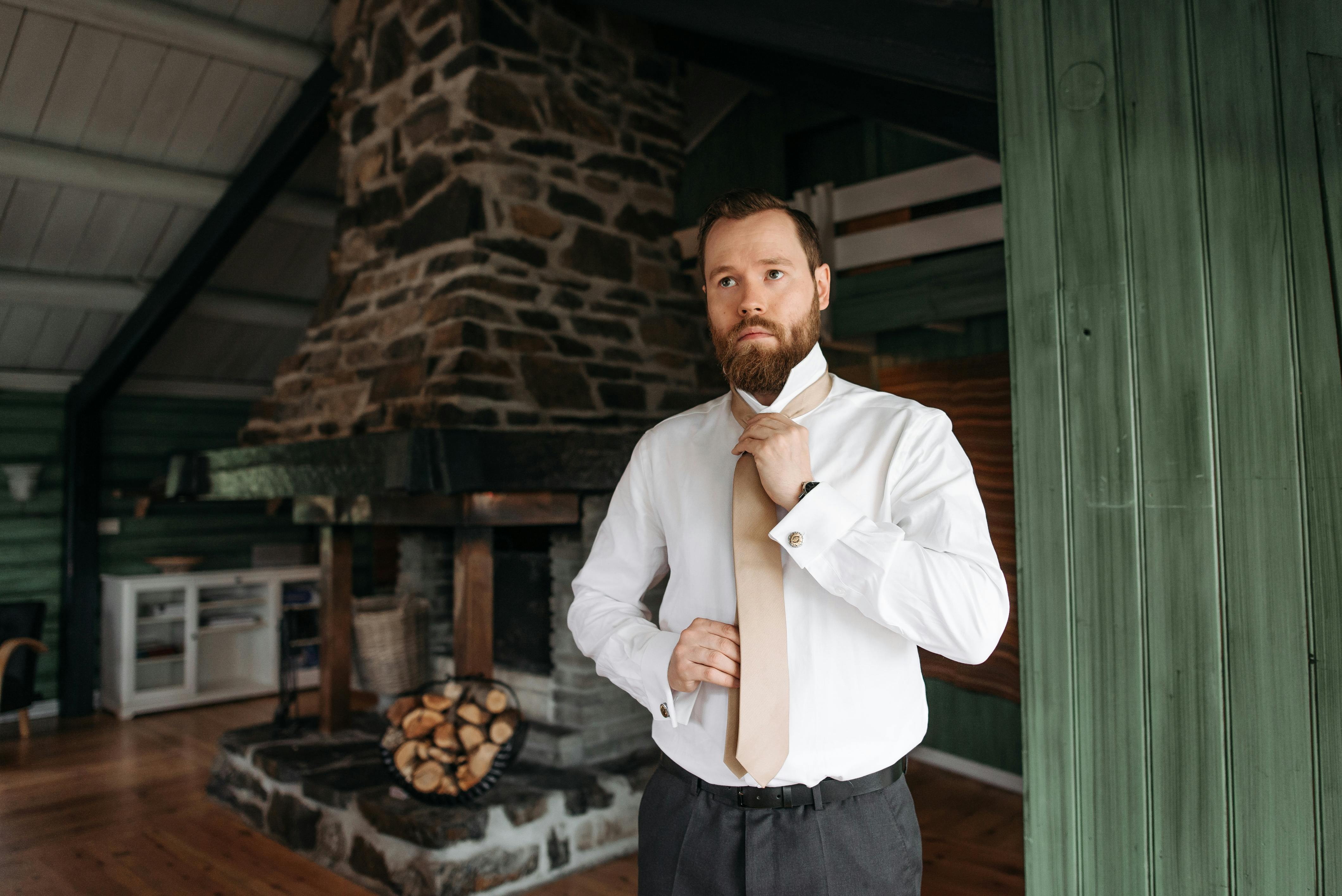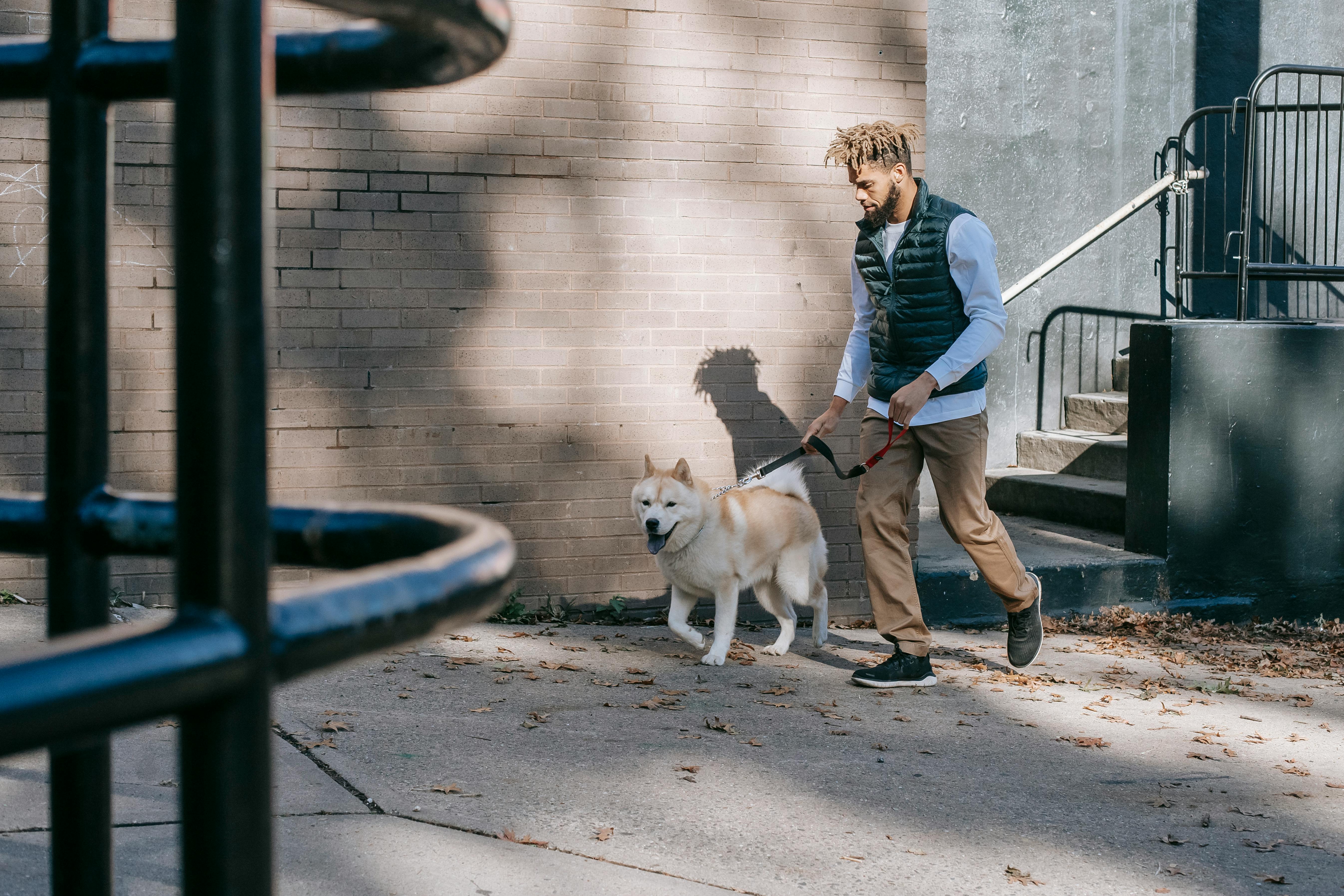
Do I have to lose myself to love you?
As codependents we lose ourselves in relationships, not realizing that losing our Self is the greatest despair. When the relationship inevitably ends, it is devastating, because we are lost. We lack autonomy because that task was not completed in adulthood. The struggle to achieve this is typical of codependent relationships. Often there are power struggles, characterized by repeated and unresolved arguments, either on a single recurring topic or on numerous trivial things. Many of them boil down to the question of who is in control, what needs will be met, or how intimate they will be. Intimacy problems are a common symptom of codependency. Avoiding the intimacy and vulnerability that occurs when we open up is one way of maintaining control and autonomy. We fear that closeness will make us more dependent on our partner and expose us to being judged and hurt. These results are not necessarily true, but they go back to a traumatic or dysfunctional childhood in which being vulnerable and dependent was not safe. Some people feel insecure both in and out of a relationship. The more closeness and autonomy threaten us, the greater the conflict in the relationship.
How do we get lost
We gradually lose ourselves in unnoticeable little ways. It can start with romance, when it is normal to want to please our loved one and spend much of our time together. However, emotionally mature adults do not give up their activities, give up their lives (have a life), or overlook inappropriate behavior from their partner, despite strong physical attraction.
Stages of codependency
Many codependents do well on their own, but once in a relationship, the stages of codependency take hold. When there is “chemistry,” they overlook negative indicators that could be a warning not to get involved. In fact, it’s true that the feel-good chemicals in our brain begin to ease our emptiness, which is why we want more of that drug. We don’t want to lose those good feelings. Therefore, we become more and more concerned and dependent on our loved one. The desire to please can lead to obsession, denial of our partner’s behavior, and doubt about our own perceptions. Boundaries blur so that we don’t say “no” or set limits on what we are willing to do or what we will accept from our partner. Not only that, confusion arises between what our partner feels and our own feelings. We also feel responsible for them. If he’s sad, I’m sad too, as the Barry Manilow song says. If she’s angry, it must be my fault.
We are confused (or never really knew) what we believe, what our values and opinions are. We may not have realized this until we got into a serious relationship. In the middle stage of codependency, we give up our hobbies, outside interests, friends, and sometimes relationships with our relatives to be with our partner. We usually do this willingly at the beginning of a relationship, but then we can do it to fulfill our partner’s wishes. Although our choices seem desirable or necessary, we are not aware of the price we pay: Our Being!
Disease of a “lost self”.
This is why codependency is a “lost self” disease. Because our identity is referenced externally, we prioritize our relationships over ourselves, not occasionally, which would be normal, but repeatedly. In important relationships, we fear losing our connection with others or their approval. With our partner, we sacrifice time and time again in small and large ways, from petty concessions to giving up a career, cutting off a family member, or tolerating or engaging in unethical behavior that would have previously seemed unimaginable.
A pattern of compliance develops and new rules are established, such as gradual restrictions on Jews in Nazi Germany. Over time, we accumulate guilt, anger, and resentment that is often silent. We blame ourselves. Our self-esteem and respect for ourselves, if we were to enter the relationship, are reduced. We become anxious and depressed, more obsessive and / or compulsive. Little by little we abandon choice and freedom until we feel trapped and hopeless, while our depression and despair increase. We can develop an addiction or physical symptoms. Eventually, we can become a shell of our old selves.
Abusive relationships
The symptoms of codependency are aggravated when we are in an authoritarian relationship, where decisions revolve around the needs and authority of a person. This is typical of an abusive relationship, where our partner makes explicit demands. When our partner insists, it feels like we have to choose between ourselves and our relationship, that we must give up our Self to maintain it. We become invisible, we are no longer a separate person with independent needs and desires, assuming we knew what they were. To please our partner and not make waves, we abandon them and collude to sacrifice our Self.
Our relationship may be with an addict or someone who is mentally ill or with a personality disorder, such as a narcissistic, borderline, or antisocial personality disorder. These partners are manipulative and can be abusive or threaten abuse or neglect when they don’t get their way or feel like we are becoming more autonomous. Any act toward autonomy, such as setting a limit, threatens its control. They will attempt to maintain power and authority with guilt, character assassinations, gaslighting, and all forms of emotional criticism and abuse. If you had a controlling parent, this pattern may have been established in childhood and carried over into your adult relationships. You end up walking on eggshells and living in fear that can traumatize your nervous system, and the symptoms continue. after you leave. Getting outside support and seeking advice is essential.
Healthy relationships
Healthy relationships are interdependent. There is a give and take, respect for the needs and feelings of others, and we are able to resolve conflicts through authentic communication. Decisions and problem solving are collaborative. Assertiveness is key. Negotiations are not a zero-sum game. The limits are expressed directly, without hinting, manipulating or assuming that our partner will read our minds. Neither security nor autonomy are threatened by proximity. Vulnerability actually makes us stronger, not weaker. In fact, we can be more intimate and vulnerable when our autonomy and limits are intact and respected.
Both partners feel safe. They want to maintain their relationship and allow the separation and independence of the other, and they are not threatened by the autonomy of their partner. Therefore, the relationship supports our independence and gives us more courage to explore our talents and growth.
Recovery
In recovery, we regain our lost selves. Unaware of their codependency, people want to change their partner, unaware that the change begins within them. Often times our partner changes in response to our new behavior, but either way, we will feel better and stronger about it. Reading about codependency is a good start, but greater change occurs through therapy and attending Twelve Step meetings, such as Al-Anon, CoDA, Nar-Anon, Gam-Anon, or Sex and Love Addicts. Anonymous.
In recovery, you will gain hope as the focus shifts from the other person to yourself, where change is possible. Raise your self-esteem to express feelings, wants and needs and to set limits. You will develop positive self-care habits. Psychotherapy often includes healing from PTSD, childhood trauma, and internalized toxic shame.
Eventually, your happiness and self-esteem are not dependent on others. You get the capacity for both autonomy and intimacy. You experience your own power and self-love. You feel expansive and creative, with the ability to generate and pursue your own goals.
Codependency does not automatically go away if you leave a codependent relationship. Recovery requires ongoing maintenance. After a while, changes in thinking and behavior become natural and the tools and skills learned become new healthy habits. Perfectionism is a symptom of codependency.
There is no perfect recovery. Recurring symptoms simply present opportunities for continuous learning!
© DarleneLancer 2018






